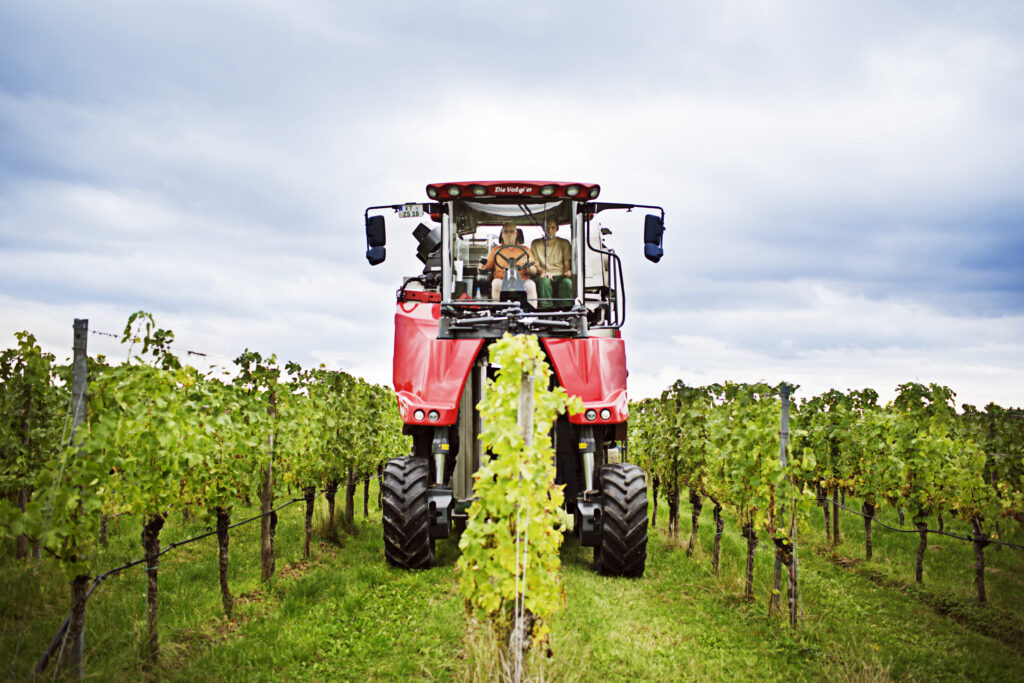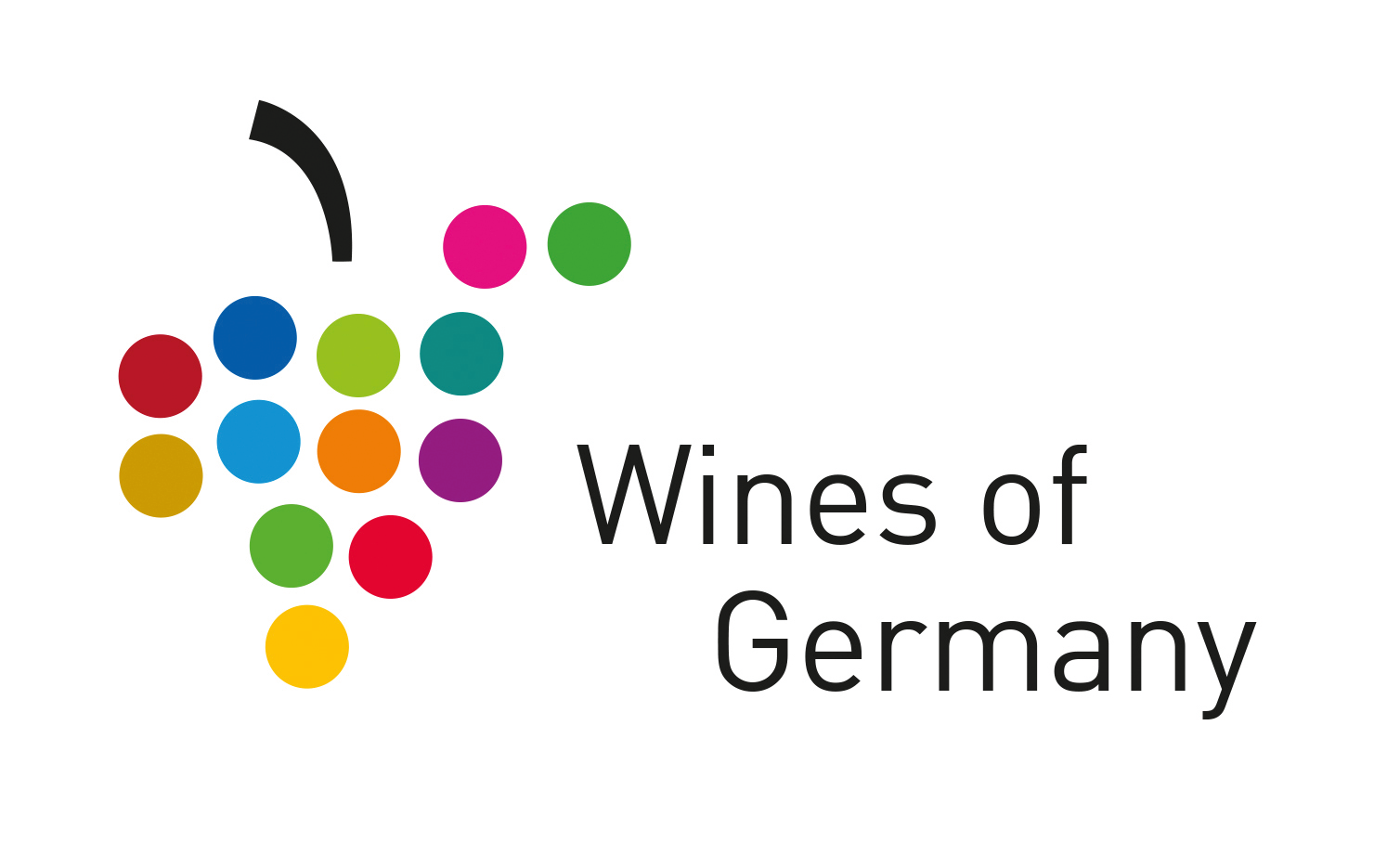It’s quality over quantity in Germany this year. Based on the final harvest estimates from all 13 wine-growing regions, the German Wine Institute (DWI) shares that only 7.3 million hectolitres of wine must are expected to have been produced in Germany this year. This corresponds to a drop of seven per cent compared to last year’s yield and 16 per cent compared to the average harvest of the last ten years – 8.7 million hectolitres. This would be the lowest German grape must harvest since the 2010 vintage, which produced just 7.1 million hectolitres.

Reduced harvest volumes and smaller grape berries
The sharp decline is largely due to significantly reduced harvest volumes in the four largest German wine-growing regions: Rheinhessen, Pfalz, Baden and Württemberg. Smaller grape berries, below-average must yields and, above all, intensive grape selections following the heavy rainfall in mid-September led to an estimated harvest loss of 23 per cent, or around 600,000 hectolitres, compared to the 10-year average in Rheinhessen alone. For the Pfalz, a reduction of 400,000 hectolitres of wine must (-18 per cent) compared to the 10-year average is forecast. In Baden, 180,000 hectolitres (-15 per cent) and in Württemberg 200,000 hectolitres (-22 per cent) less than the average of the last ten years is expected.
On the other hand, many wine-growing regions that suffered greatly from the extreme late frost last year can look forward to good yields this year. The two eastern regions of Sachsen and Saale-Unstrut, and the Ahr, have recorded three-digit percentage increases in volume compared to the previous year. In the Mosel and Franken, the estimated harvest volumes for this year are even slightly above the average level.
Exceptionally high grape ripeness
While volumes may be lower, all 13 German wine-growing regions are unanimous in their assessment of the wine quality, which is rated as extremely good due to the unusually high grape ripeness. Although the grape berries were often smaller this year, they were all the more aromatic, which means that very concentrated and fruity wines can be expected, said DWI spokesman Ernst Büscher.


